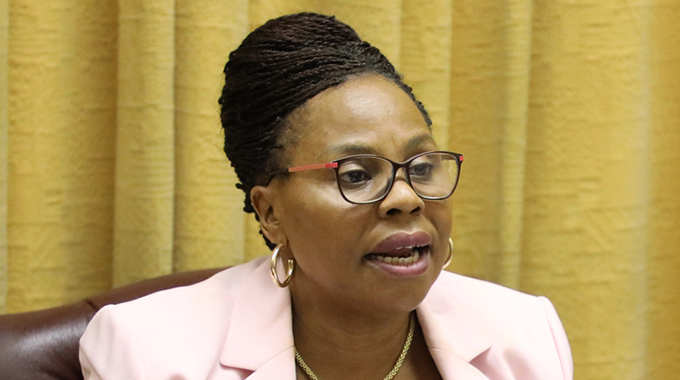An angry young poet’s bars

Tanaka Chidora Literature Today
The first time I came across Tinashe Trymore Munengwa was when he was in my third year class, African Literature and Development Theories, at the University of Zimbabwe in 2016. He appeared to me like someone I could have an argument with at a place where it’s possible to argue while refilling literary glasses.
It is virtually impossible to study African Literature and Development Theories without engaging in arguments whose intensity can only be matched by a riotous fist fight. Africa has a way of doing this to us. You cannot talk about Africa and not be angry.
If you think I am lying, join a Facebook or WhatsApp chat in which Africa and where it’s going (or supposed to go) is the key subject. If it doesn’t get you worked up then I don’t know what eventually will.
So Munengwa was in this class in which the future of Africa was the key subject. I remember that his choice of texts for his research assignment was a little bit bizarre: take two poetry collections from Chenjerai Hove (“Blind Moon” and “Rainbows in the Dust”), mix those two with a dose of Ayi Kwei Armah’s “The Beautyful Ones are Not Yet Born”. What would you have? An epitomisation of Mashingaidze Gomo’s “A Fine Madness”. This “fine madness” was contagious, for I remember that Munengwa’s presentations required a couple of days for the class to exhaust its passion.
Even though he was this passionate student in my eyes, I never dreamt that one day, this anger and passion would be transmogrified into hard-hitting verse. The title of his self-published debut collection of poems is telling: “Bombs in my Soul”.
For 32 pages, bomb after bomb after bomb explodes. These bombs remind me of another poet, Mbizo Chirasha, whose hard-hitting metaphors leave you reeling with pain. Munengwa takes his pain/anger, as a young man and transforms it into fierce bars so that each metaphor is a punch until you are left with this question: what has society done to this young man? For instance, in “Smashed Future” (the title is fierce isn’t it?) he screams: “You took your time to molest her/Like a sledge hammer smashing a windscreen/You exploded inside her/Like an injection shelling inside of a nude bum.”
Then as he captures the agony of the girl child at such brutal deflowering, the anger is still detectable in the voice of the persona: “The agony of her voice/Tore through the valley of her throat/As the sound echoed/Like whirlwind passing through a zinc container/A thunderous voice escaped out of her/At the base of the belly of the earth/As tributaries of juvenile and innocent blood/Flooded her weak and immature legs”.
One can also detect the influence of Marechera in this young poet, especially the relentlessness with which the world is smashed by forceful metaphors. In fact, one of the poems is the poet’s conversation with the recalcitrant, nagging and mischievous ghost of Marechera.
This conversation is in a poem titled, “Stop Tormenting Me in My Sleep Dambudzo”. In the end, after a hair-raising panga duel with Dambudzo, the two look at each other, breathless, tired, and in the voice of someone trying to catch his breath, the persona says to Dambudzo, “As the grandfather clock tick-tocks/I will inevitably be history/When that time comes/Let these last lines/Cemented in this last stanza/Be the ultimate demise of your torture/And be the last man standing/Stop tormenting me in my sleep Dambudzo”.
I hope Dambudzo will heed this plea. But then, Dambudzo being who he is . . .
The traces of Marechera are also discernible in “For the Publishers”. The persona writes a letter to publishers, imploring them to publish his poetry. He concludes the stanza with a threat that is reminiscent of the myth of Marechera trying to burn down a whole university: “Make sure that all I have hinted and written/As a writer, poet and essayist/Should be published or else/I will haunt you in your sleep/And burn all publishing houses/And force you to retire”.
My favourite is “To be a Writer”. I remember writing a confessional piece on this column about the schizophrenia of being a critic and writer. Sometimes when writing, you are trapped between a comma and the next word. The impasse is painful because you know that your progress is just, but a word away.
But when words go into hiding, it takes enormous amounts of inspiration to retrieve them. In this poem, the persona highlights this anguish when he says, “A moment of silence/Ambushes my verse/And I perish between the pores of my stanzas/Words are dismantled and things fall apart/Across the margins of this white terrain/And this disease-ridden and very sick society.”
This is a debut project, but the imagination that brought it into being is commendable. What is left is a more professional approach to writing, that includes more meticulous attention to what happens after writing, that is, cover design, editing, marketing and so on.
Munengwa is still learning the ropes in this area, but I am sure if these are taken into consideration, he has vast potential to become a prolific poet within and beyond our borders.









Comments